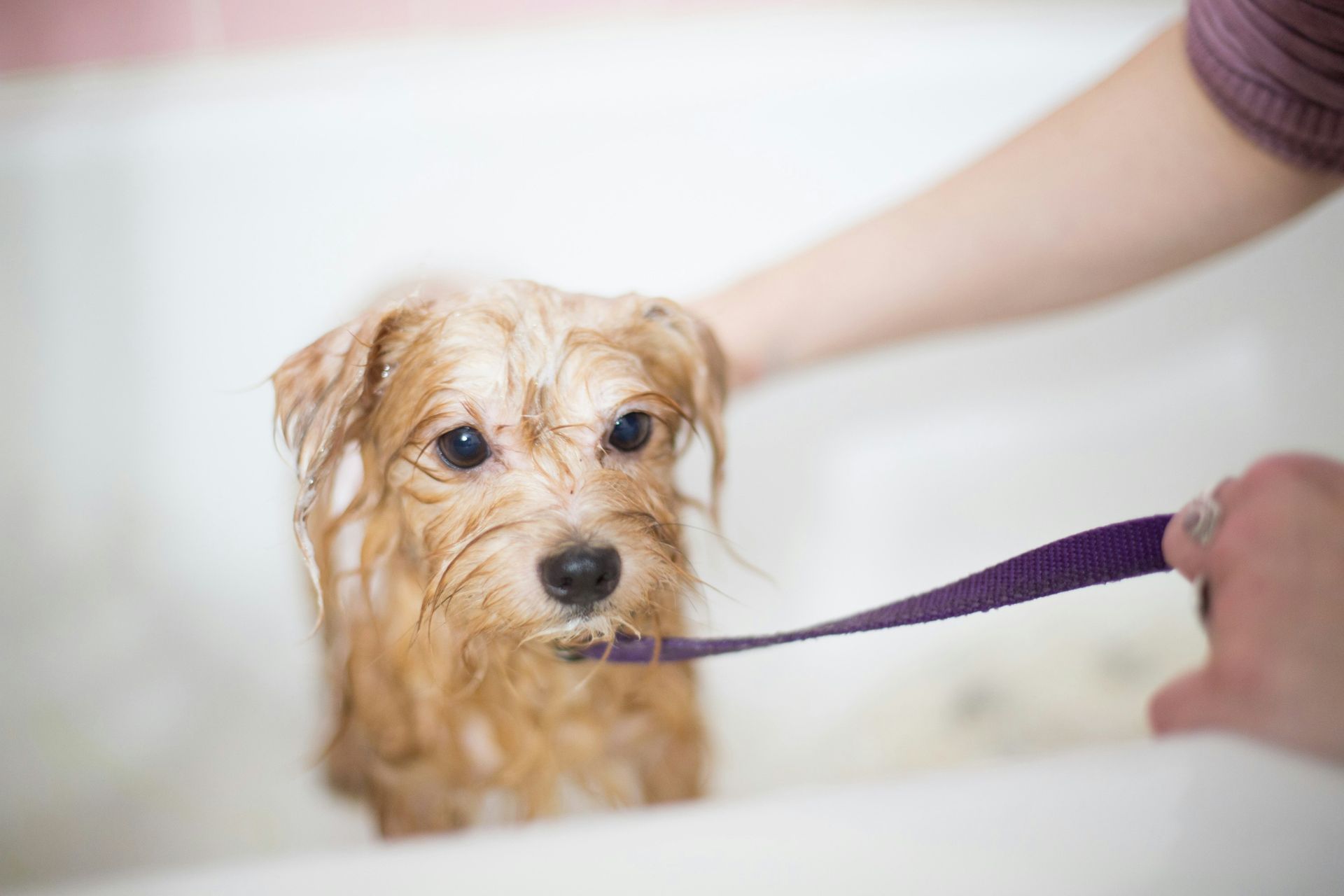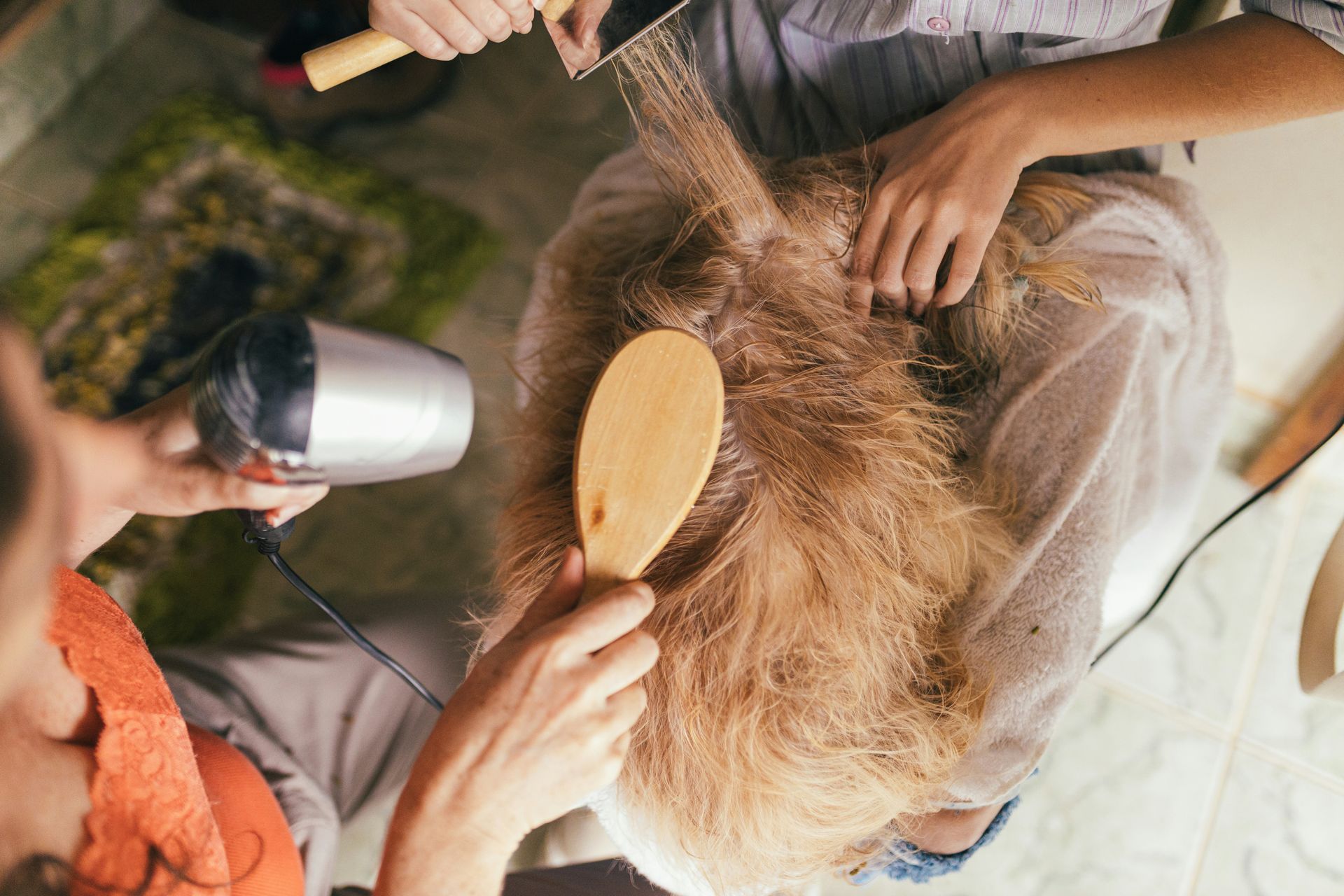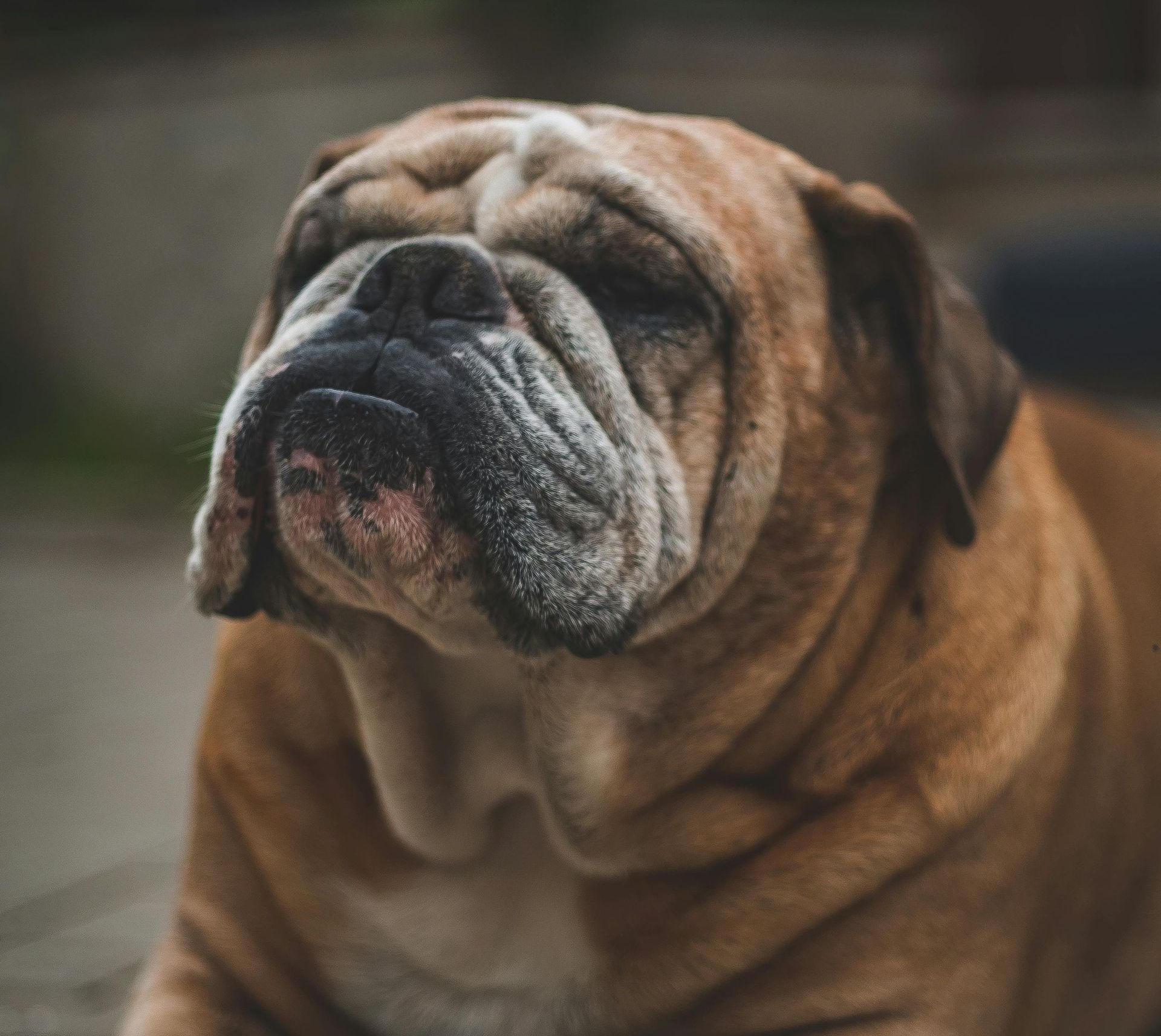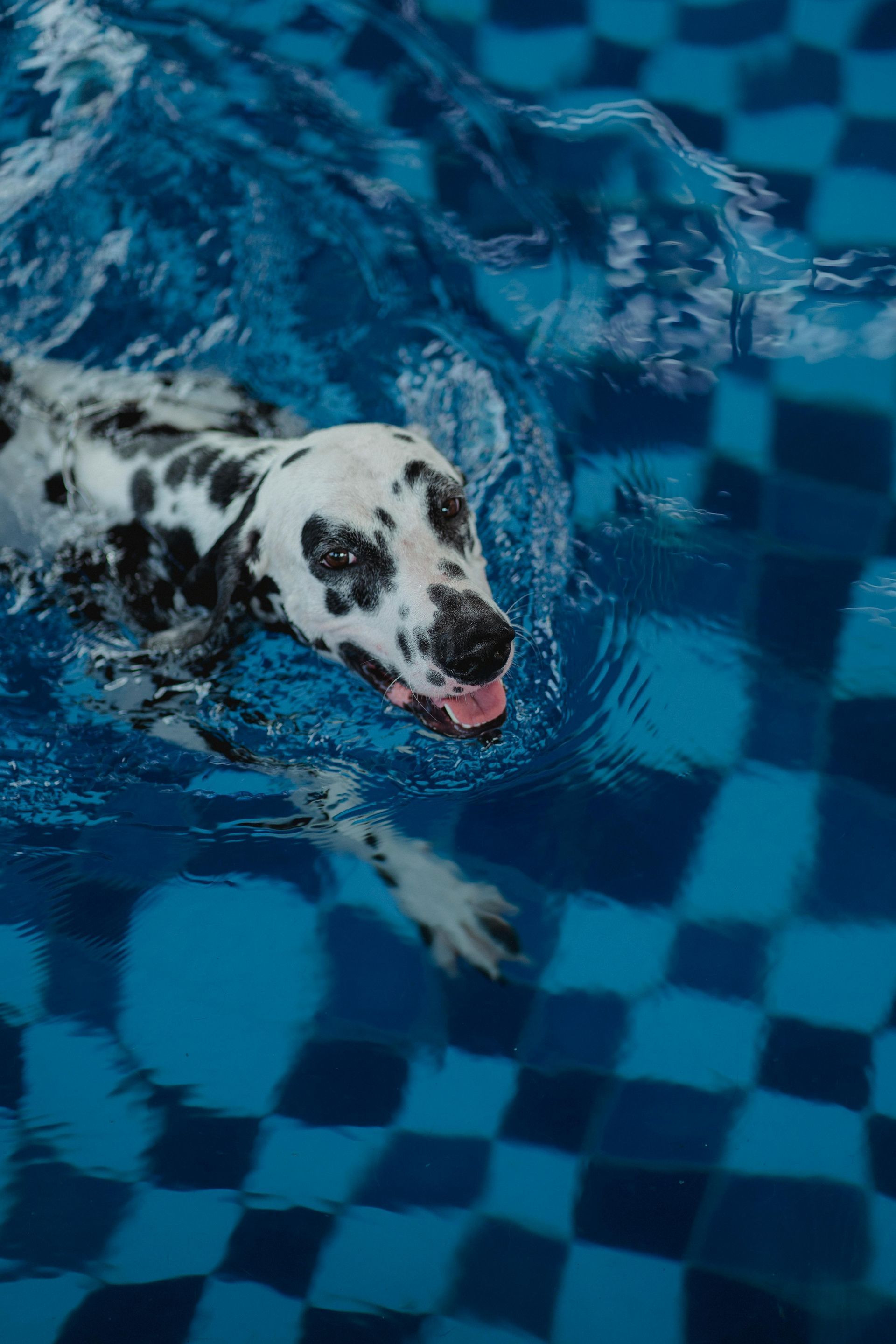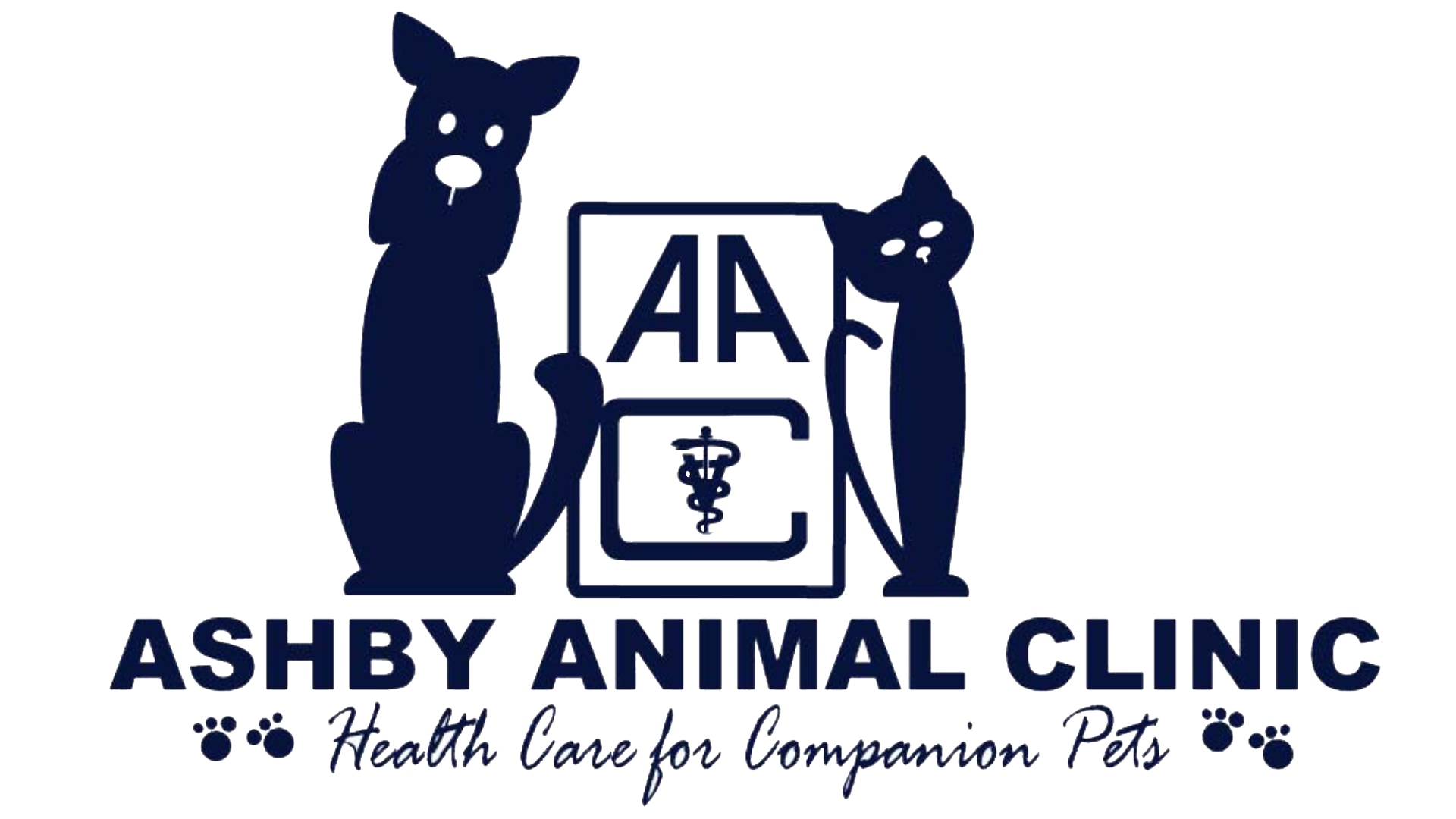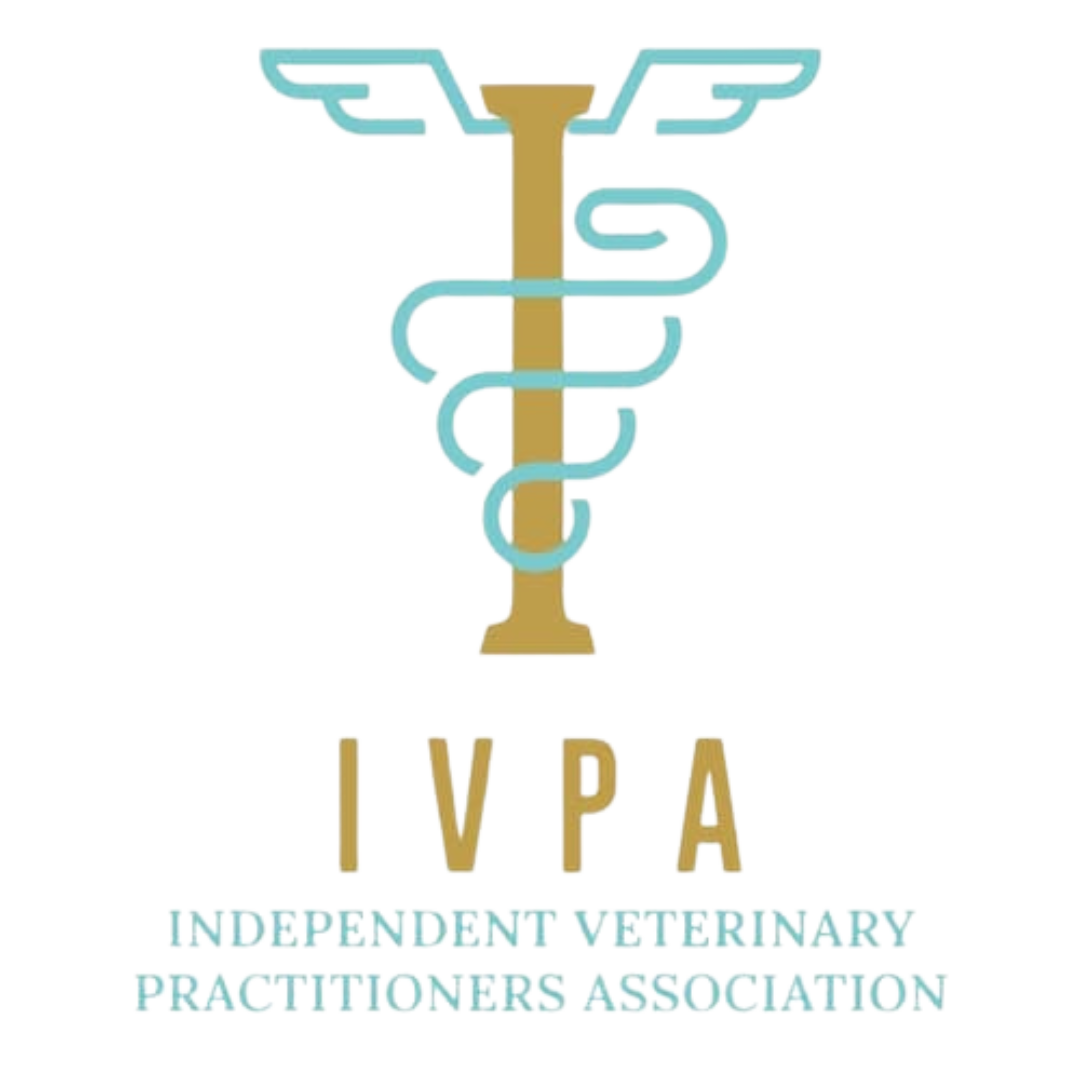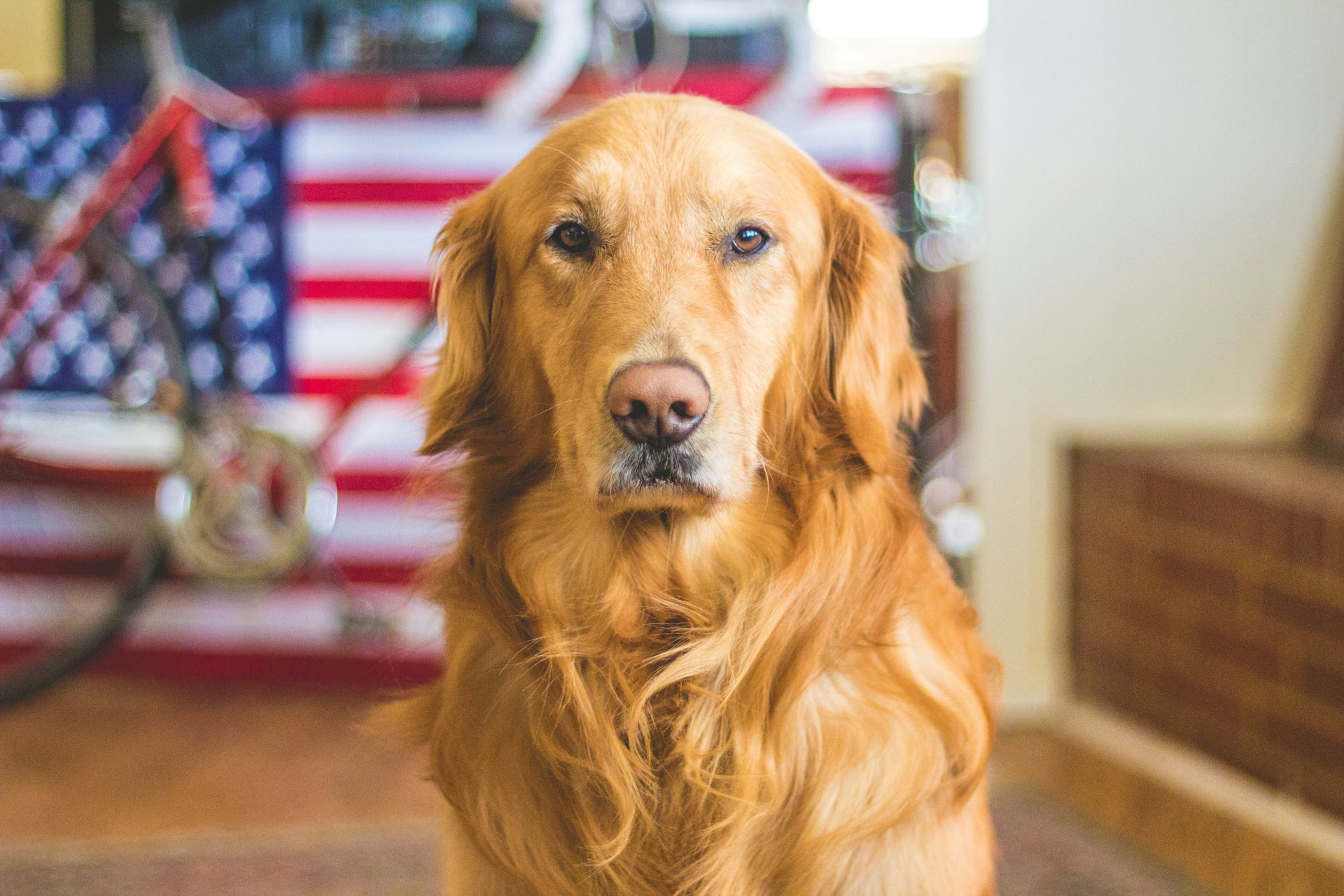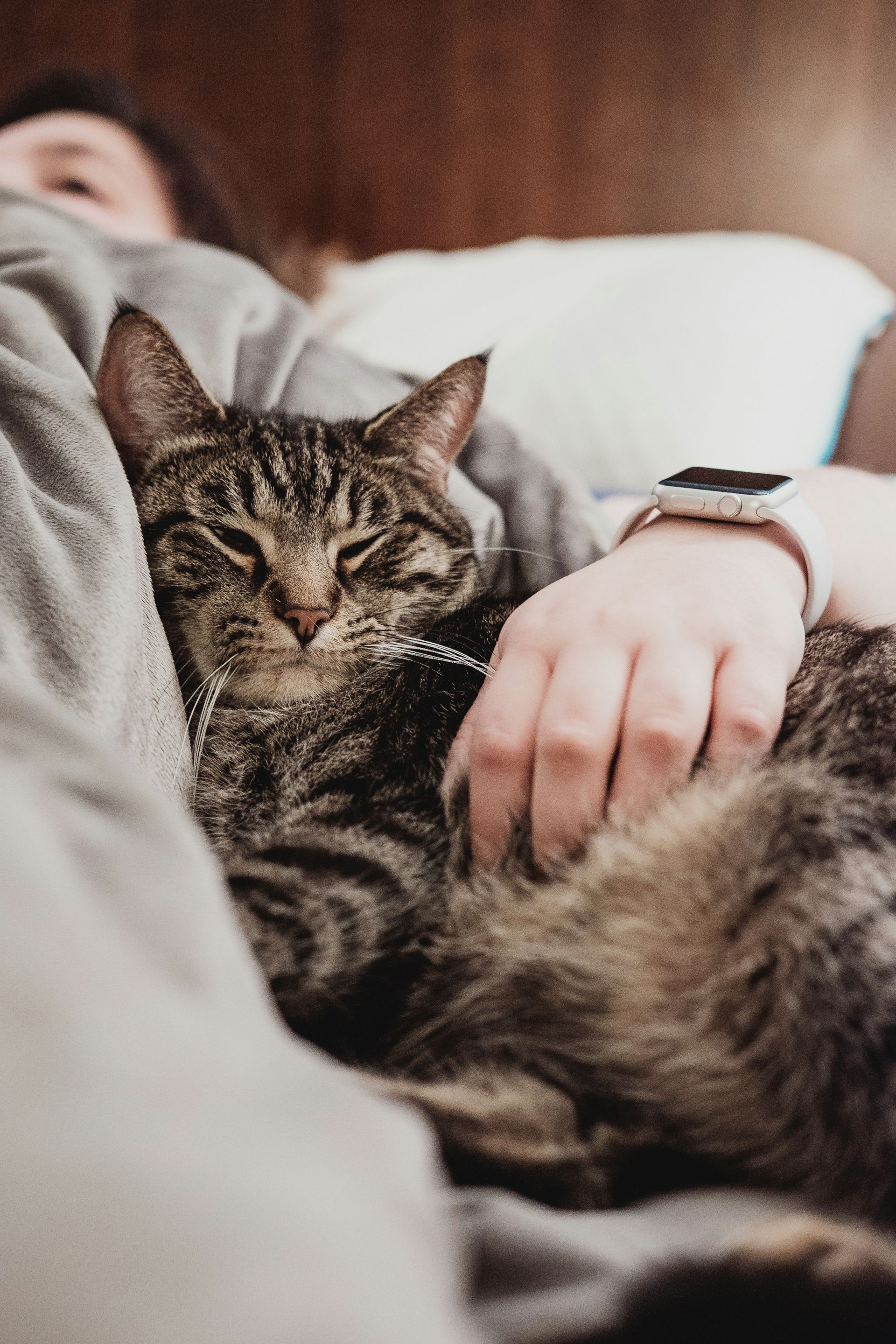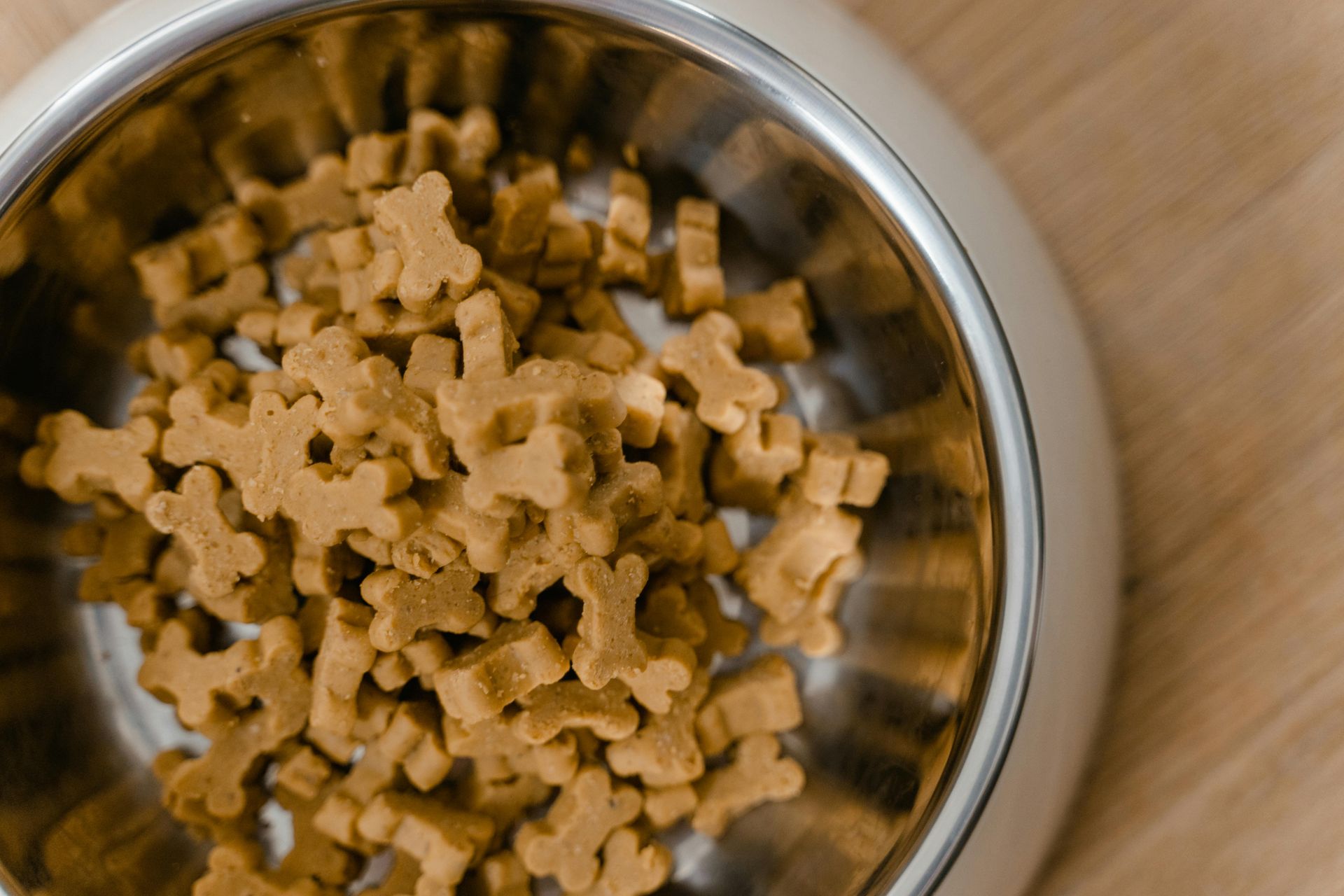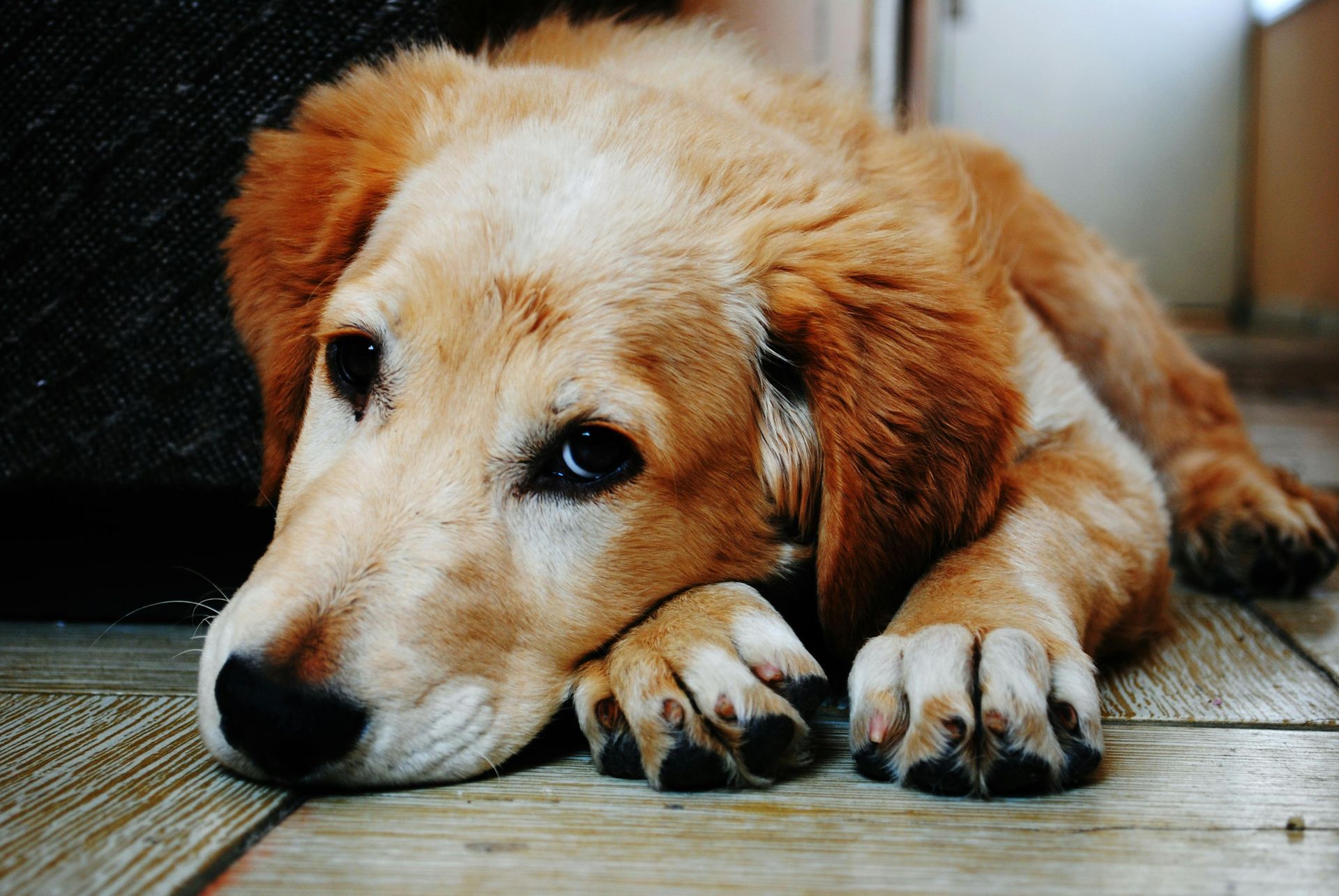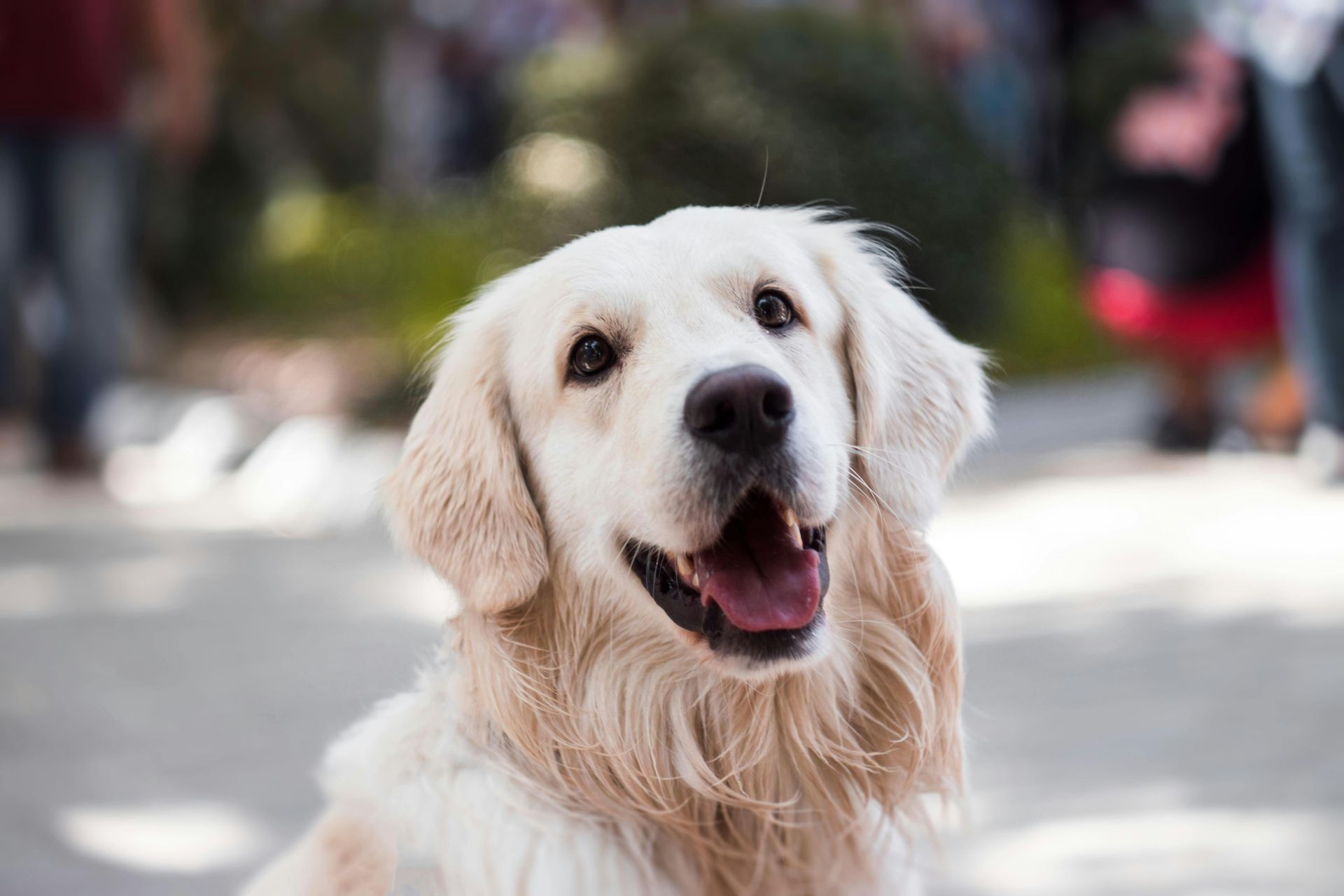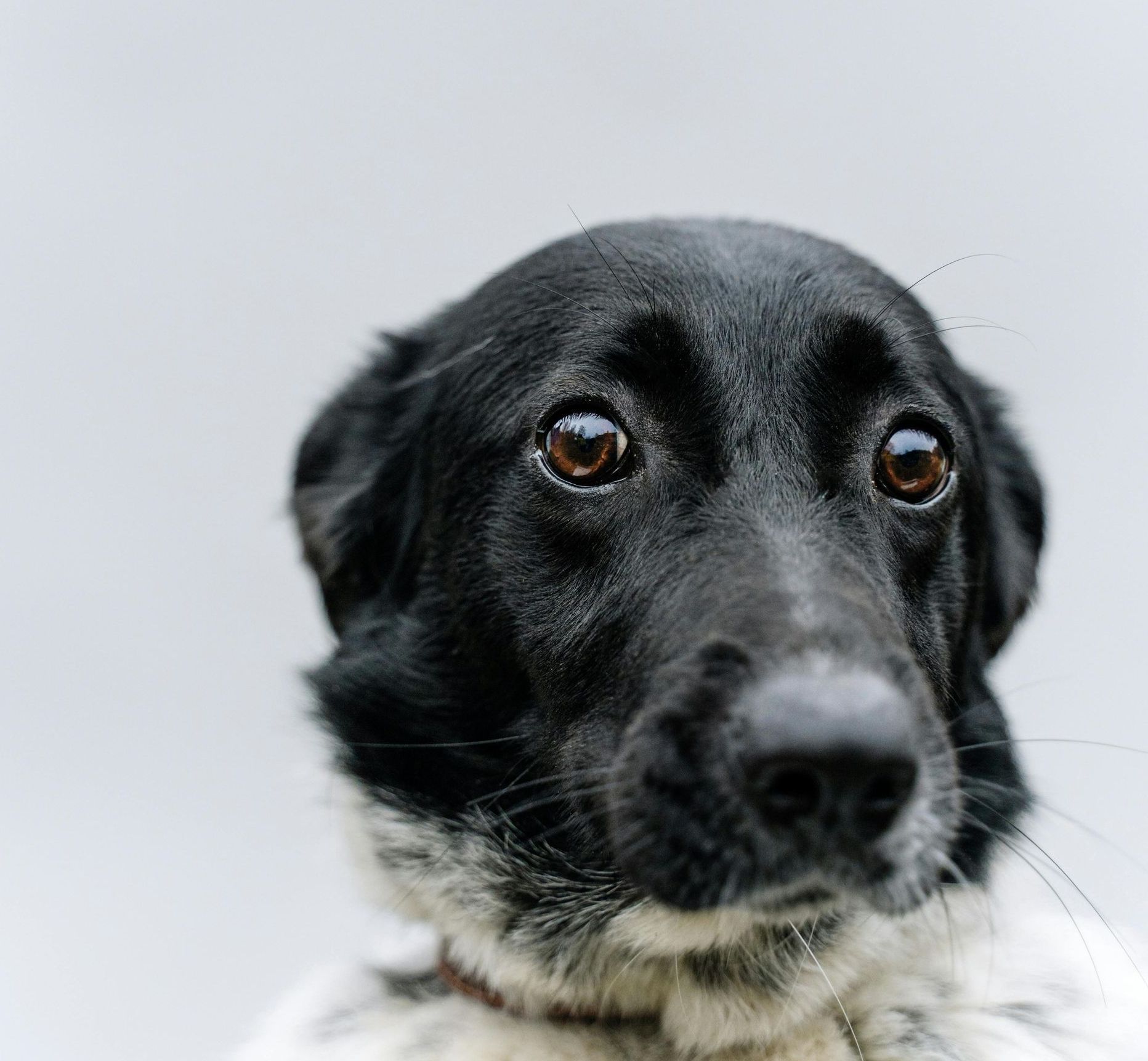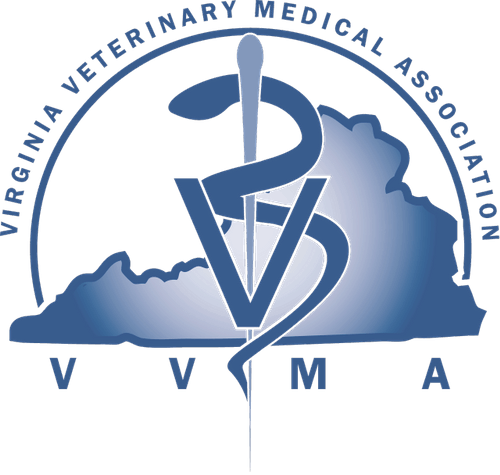Household Dangers for Dogs and Cats
Household Dangers for Dogs and Cats
At Ashby Animal Clinic, the well-being of your pets is our top priority. While our homes provide comfort and safety, they can also hide potential hazards for our furry friends. Here are some common household items that could be dangerous for your dogs and cats.
1. Toxic Foods
Many foods that are safe for humans can be harmful or even deadly to pets. Some of the most common toxic foods include:
- Chocolate: Contains theobromine, which is toxic to dogs and cats.
- Grapes and Raisins: Can cause kidney failure in dogs.
- Onions and Garlic: Can damage red blood cells in both dogs and cats.
- Xylitol: A sugar substitute found in many sugar-free products, which can cause a rapid insulin release leading to hypoglycemia.
2. Household Plants
Certain plants can be toxic to pets if ingested. Some of the most dangerous include:
- Lilies: Extremely toxic to cats and can cause kidney failure.
- Aloe Vera: Can cause vomiting, diarrhea, and lethargy in both dogs and cats.
- Sago Palm: Ingesting even a small amount can cause severe liver damage and possibly death.
3. Cleaning Products
Many common household cleaners contain chemicals that can be harmful to pets. Products containing bleach, ammonia, or phenols can cause respiratory issues, skin irritation, and other health problems. Always store these products out of reach and use pet-safe alternatives whenever possible.
4. Medications
Both over-the-counter and prescription medications can be dangerous if ingested by pets. Pain relievers, antidepressants, and cold medications are some of the most commonly reported toxic substances. Always keep medications securely stored and never give your pet medication without consulting a veterinarian.
5. Small Objects
Items such as coins, batteries, and small toys can pose a choking hazard or cause internal injuries if swallowed. Be mindful of where you leave these items, especially if you have curious pets who like to explore with their mouths.
6. Pest Control Products
Rodenticides, insecticides, and other pest control products can be extremely toxic to pets. Use these products with caution and opt for pet-safe versions when available. Keep your pets away from treated areas until it's safe.
Keeping Your Pets Safe
Preventing exposure to these hazards is key to keeping your pets safe. Here are some tips:
- Secure Storage: Keep toxic substances out of reach and in secure containers.
- Pet-Safe Alternatives: Use pet-safe products whenever possible.
- Supervision: Monitor your pets closely, especially in new environments or during cleaning.
- Education: Familiarize yourself with common household hazards and take steps to mitigate them.
At Ashby Animal Clinic, we're here to help you ensure your home is a safe haven for your pets. If you suspect your pet has ingested a toxic substance or if you have any questions about household hazards, don't hesitate to contact us. Your pet's health and safety are our top priority.
For more detailed information, check out the resources from AAHA and the AKC.
Stay safe and vigilant!
Ashby Animal Clinic Team
